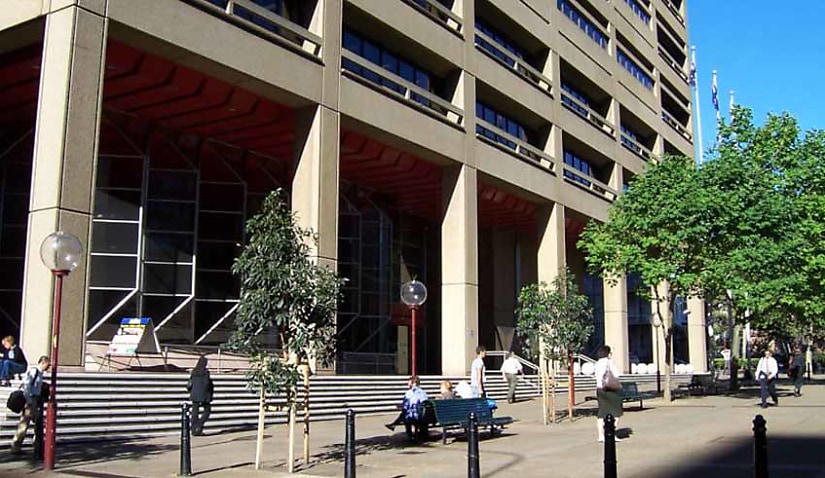Powered by MOMENTUM MEDIA
A Sydney law firm and a tea tree oil plantation business locked in a court stoush over a claim for almost $2 million in legal fees will remain at a standstill until an appeal can be heard early next year.

Oliveri Legal has filed an appeal against an NSW Supreme Court decision that found in favour of Cassegrain Tea Tree Oil (CTTO) and ordered the firm to pay the costs of the proceeding.
In the primary proceedings, Mr Oliveri submitted he had authority to bind CTTO to the costs agreement, but this was rejected by the Supreme Court, which in September found the only representation had been made by Mr Cassegrain himself and not by CTTO.
Appearing back before the court in early December, both Oliveri Legal and CTTO filed separate notices of motion.
CTTO sought an amendment to the costs order seeking a period of indemnity costs arising from three offers the company made to Oliveri Legal, including two offers of a monetary settlement.
The tea tree oil plantation business also sought a direction that caveats lodged by Oliveri Legal be removed from two properties.
In addition to seeking a stay of orders made by the Supreme Court in the primary proceedings, Oliveri Legal sought a deferral of CTTO’s motion, given an appeal is due to be heard in February 2024.
Oliveri Legal submitted that if the appeal is successful, it will have lost the benefits of the caveat, which provides protection of fees it is seeking.
Judge Michael Elkaim said that as the firm is not “overly successful”, the properties would be the “best chance of recovering much-needed funds from the defendant” if the appeal is successful.
While he could not comment on the prospects of the appeal himself, Justice Elkaim noted in his judgment Mr Oliveri and his counsel had found there was a prospect of success next February.
“The appeal is not far away and, although some time may pass before a decision is delivered, I think the caveats should remain in place in case the appeal is successful,” Judge Elkaim said.
As for the motion to stay, Oliveri Legal submitted it went to “considerable lengths” prior to the trial to prepare to respond to witnesses who had signed affidavits in favour of CTTO.
Because the witnesses were never called, Oliveri Legal said CTTO should pay the costs of preparing for the hearing.
Justice Elkaim said there was a “fundamental flaw” in this argument.
“I cannot see any basis upon which there should be an amendment to the costs order because the plaintiff anticipated the way the defence could run, but it was run in a different way,” he said.
Turning to the notice of motion for indemnity costs, Justice Elkaim reviewed the three offers made by CTTO to Oliveri Legal on 19 November 2021, 14 October 2022 and 18 July 2023.
The first did not include an offer of a monetary settlement, but the second offered $100,000 and the third offered $250,000.
Oliveri Legal said it rejected the first two offers because they required the release of all claims, both known and unknown.
Instead of responding to the third offer, Oliveri Legal sent its own proposed orders for a settlement valued at $750,000.
Justice Elkaim said there was “some substance” in Mr Oliveri’s concern about the mutual release claims, and it was “not unreasonable” for him to reject them on that basis.
“However, at the same time, I think that [Oliveri Legal’s] failure to respond is important; the plaintiff could have suggested an amendment to the release or some term with which it was comfortable,” Justice Elkaim said in the judgment.
Justice Elkaim also found by the time the $250,000 offer was made in July 2023, the rejection had become “unreasonable”.
“There can be little doubt that the offer would have placed the plaintiff in a better position than the ultimate result of the case,” he found.
The costs order was varied to include indemnity costs from July 2023.
We're evolving — and so should your insights. Heads up — Lawyers Weekly is going premium from 1 May for just $5 a month. Stay informed without missing a beat. More information coming soon.

Naomi Neilson is a senior journalist with a focus on court reporting for Lawyers Weekly.
You can email Naomi at: